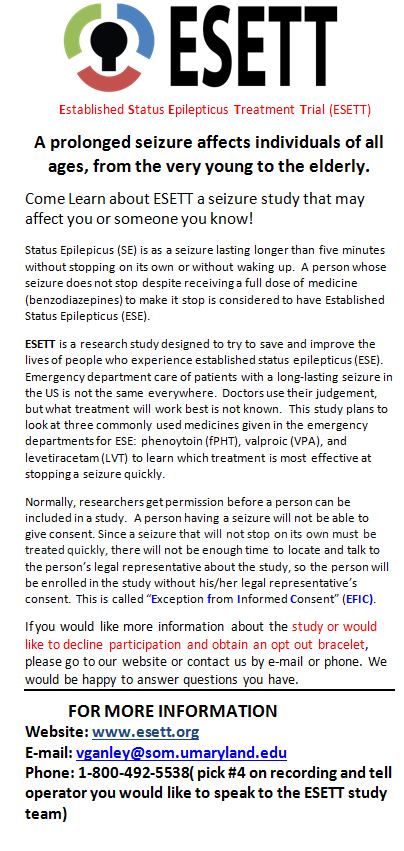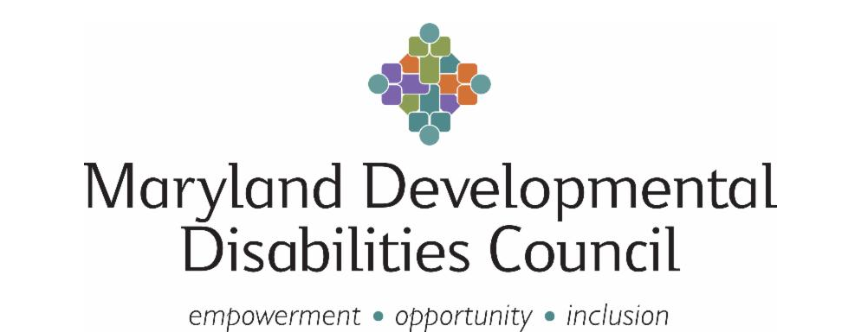https://www.baltimoremagazine.com/special/retirement-guide-2018
Abilities Network is pleased to announce a $200,000 challenge grant from The Harry and Jeanette Weinberg Foundation that will support our continuing cutting edge services that challenge the community to acknowledge the value and equality of people of all abilities.
As a standard challenge grant, The Harry and Jeanette Weinberg Foundation grant – $100,000 per year for two years – will leverage other donations to Abilities Network and cover operating expenses to their Community & Employment Partners, Healthy Families Baltimore County, Project All Children Together (ACT), and Senior Services Move Management programs.
“We are very grateful to The Harry and Jeanette Weinberg Foundation for its generosity and to our future matching funding partners for helping Abilities Network continue to deliver our four key programs serving people with disabilities, young children and families, and older adults,” said Lee Kingham, Abilities Network’s CEO.
Abilities Network’s broad array of programming focuses on empowerment. Within Community & Employment Partners, our staff support adults with intellectual disabilities to live fully, work independently and contribute to their communities. Healthy Families Baltimore County assists parents in developing a nurturing skill set that provides a strong beginning for their children from birth to age 5. Project ACT ensures child educators and care providers can teach and include children of all abilities within their classrooms. Senior Services Move Management supports senior adults to transition smoothly from their present homes into continuing care retirement communities. All of these individualized services support individuals from all backgrounds to rise out of poverty and become vital members of the communities of their choice.
Abilities Network is a non-profit organization that provides individualized services to people in Maryland with disabilities. Its headquarters is located in Towson, Md. Abilities Network helps to create a personal path to independence by seeing abilities, not disabilities. Services include Community & Employment Partners, Healthy Families of Baltimore County, Project ACT (All Children Together) and Senior Services. Abilities Network has been providing quality services since 1964. For more information or to get involved with Abilities Network, please visit www.abilitiesnetwork.org.
Click link for more information.
http://www.carrollcountytimes.com/news/local/cc-arc-summer-employment-20170807-story.html
THEATRE ACCESS NYC: BREAKING BARRIERS TO BROADWAY!
http://stage-directions.com/theatre-buzz/8247-tdf-and-broadway-league-launch-theatre-access-nyc.html
Dr. Adam Hartman, Abilities Network Professional Advisory Board Member, weighs in on the new film “Midnight Special”
http://observer.com/2016/03/midnight-special-gives-seizures-and-satellites-the-hollywood-treatment/
Listen to Heather Murphy, Director of Move Management Services as she discusses our Move management services and how the services benefit Seniors.
http://www.theparentcareconnection.com/caring-for-aging-parents/heather-murphy/
Governor Hogan released his FY 2017 proposed budget yesterday, which covers the period July 1, 2016 through June 30, 2017. Below you will find some highlights of particular interest to individuals with developmental disabilities and their families. The FY 2017 operating budget totals $42 billion – $17.1 billion of which is General Funds (state funds). The balance for the most part comes from Federal Funds and Special Funds (revenues from a designated source). The budget analysts with the Dept. of Legislative Services will produce reports for the various budget hearings, which will provide a greater depth of information. See below for budget hearing dates.
HIGHLIGHTS
Maryland State Department of Education (MSDE)
* $18.2 million for the Autism Waiver so that 1000 children with autism will continue to receive services. This is the same amount of funding as FY2016.
* $4.3 million for public prekindergarten education – the same amount of funding as FY2016.
* $10.4 million for the Maryland Infants & Toddlers Program–the same funding level as FY2016.
* The Geographic Cost of Education Index (GCEI) was fully funded this year, after being cut last year. The GCEI is a discretionary component of the State funding formula for education that has provided additional funding to 13 local school systems since 2009 to reflect regional differences in the cost of education that are due to factors outside the control of the local jurisdiction.
* $5.7 million increase in funding for the Child Care Subsidy program. $3 million of this is General Funds. Total program funds would increase to $97.4 million, which is estimated to provide free or reduced-priced child care to 18,610 children.
Developmental Disabilities Administration (DDA)
There’s good news for the DDA budget:
– Transitioning Youth fully funded
– 3.5% provider rate increase
– Emergency funding increased from previous years
– People in crisis on the waiting list will be served.
A $71 million (6%) overall increase for DDA in FY17, bringing DDA’s total budget to $1,132,586,268.
FY2017 DDA increases include:
$35.7m for a 3.5% rate increase for DDA service providers. (General +Federal Funds)
$8,877,897 for Transitioning Youth services. This will provide employment or day supports for all eligible youth transitioning from school to employment or day supports in FY17. DDA projects that approximately 602 transitioning youth will be served. (General + Federal Funds)
$6,669,390 to support people in emergency situations. An estimated 161 people will receive services. (General +Federal Funds)
$5,457,858 to provide services to approximately 113 people in the Crisis Resolution priority category on the DDA waiting list. There are close to 8000 people on the waiting list in different priority categories. (General +Federal Funds)
$727,770 from the Waiting List Equity Fund to support approximately 24 people on the waiting list with the oldest caregivers. (Special Funds + Federal Funds)
$5,324,500 for Low Intensity Support Services (General Funds)
Additional funds are included to continue providing services for people who started receiving services in FY2016.
These funding increases bring the total DDA budget for community services to $1,080,862,618
Institutional Services include:
$17,561,407 for the Holly Center, $13,578,201 for the Potomac Center and $8,975,621 for the SETTs (Secure Evaluation and Therapeutic Treatment Programs)
It’s been 12 years going and strong for Mel Riebe, working at the White Marsh Home Depot. You’ll find him hard at work each day in the store’s garden department. It’s work for which Mel takes incredible pride, and he found his job with the help of the Abilities Network. Rob Baynard says their mission is to assist those with developmental challenges find jobs. The organization boasts an impressive 70 percent success rate.


